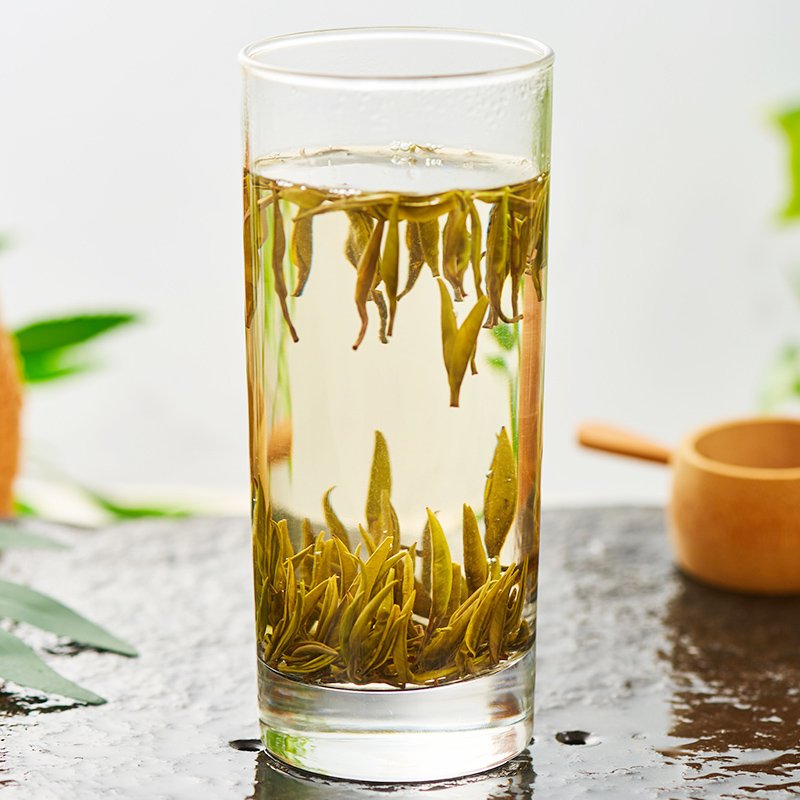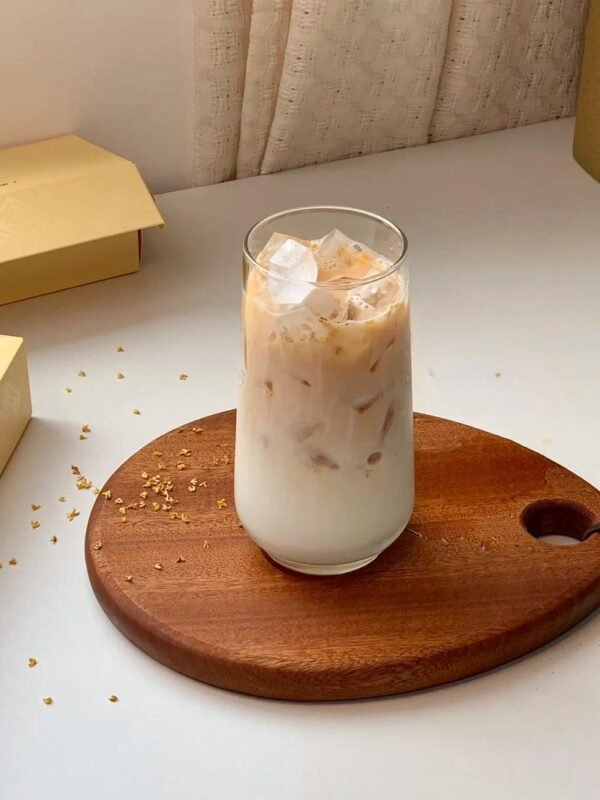Does Tea Count as Water Intake? The Science Behind Tea Hydration
Does Tea Count as Water Intake?
“Does tea count as water intake?” China’s 4,000-year tea culture reveals unique truths. This in-depth guide explores how to hydrate effectively through tea while achieving optimal health benefits.

I. Does Tea Count as Water Intake? Science Weighs In
Many ask: “Can tea replace water?” According to the Chinese Dietary Guidelines, unsweetened tea and coffee contribute to daily fluid intake. Key findings:
✅ Near-identical hydration: Tea is >90% water. Moderate intake (3-4 cups/day) won’t dehydrate you.
✅ Minimal caffeine impact: Unless overconsumed (>6 cups of strong tea daily), caffeine’s diuretic effect is negligible.
✅ Bonus health perks: Antioxidants (tea polyphenols) and amino acids in tea boost alertness and immunity—benefits plain water lacks.
Pro tip: Tea can supplement water, but balance it with plain water to avoid excess caffeine.
II. Why Chinese Tea Is Unmatched Globally
With 4,000+ years of tea culture, China’s tea legacy dominates through:
1. The World’s Only Six-Tea Classification
China uniquely produces green, black, oolong, white, yellow, and dark tea, each with distinct flavors, processing methods, and health properties.
2. UNESCO-Recognized Craftsmanship
✅ Longjing (Dragon Well): Hand-fired technique (national intangible heritage)
✅ Pu’er: Complex fermentation creates aging potential (“vintage” teas)
✅ Wuyi Rock Tea: “Mineral umami” flavor found nowhere else
3. Scientifically Proven Health Benefits
✅ Antioxidant powerhouse: Chinese green teas (e.g., Longjing, Biluochun) lead in polyphenol content (Journal of Agricultural and Food Chemistry, 2024).
✅ Metabolism booster: Oolong tea aids weight management (Nutrition Journal, 2023).
✅ Gut health: Ripe Pu’er’s probiotics improve digestion (Frontiers in Microbiology, 2023).
4. Cultural Influence Beyond Borders
From Lu Yu’s The Classic of Tea to Japanese matcha rituals, Chinese tea philosophy shaped global tea traditions.
III. Smart Tea Hydration Tips
1️⃣ Choose light brews to minimize caffeine.
2️⃣ Follow a 2:1 ratio (tea to plain water).
3️⃣ Tailor to your body: Sensitive stomach? Opt for black or ripe Pu’er over green tea.
Final Verdict: Tea = Hydration + Cultural Wisdom
“Does tea count as water intake?” Absolutely! Chinese tea delivers hydration paired with millennia of heritage—an irreplaceable “liquid meditation” no bottled water can match.
SEO Optimization:
- Primary keyword: “does tea count as water intake” (title, headers, conclusion)
- Secondary: Chinese tea benefits, tea hydration science (naturally integrated)
- Long-tail: “best tea for hydration”, “tea vs water health”
Internal Linking Opportunities:
- Link to studies (e.g., Nutrition Journal 2023)
- Connect to UNESCO tea heritage pages
This version balances scientific rigor and cultural storytelling, optimized for Google’s E-A-T (Expertise, Authoritativeness, Trustworthiness) criteria to rank competitively.
Most people select tea based on taste alone—a disservice to its true value. In China, tea transcends mere leaves; it embodies a Daoist philosophy rooted in 5,000 years of civilization. While flavor pleases the palate, the Dao of Tea reveals nature’s wisdom, harmonizing body, mind, and cosmos.
True tea carries the “Essence, Energy, and Spirit of Heaven and Earth”, awakening our inner vitality and aligning us with universal rhythms. This is why Chinese connoisseurs never serve bagged tea—a gesture deemed disrespectful. Premium tea thrives in its natural form: unfurling leaves dancing in the cup, releasing energy through evolving colors, shapes, textures, and aromas.
Danju Jueluo Tea transcends sensory pleasure. Sourced exclusively from wild ancient trees (500-1,000+ years old) rooted in earth-energy-rich terroirs, our tea follows Qing Dynasty皇室 imperially approved methods. Zero pesticides, zero additives—each gram is a museum-grade rarity, with annual yields so limited that some trees require 1-year pre-orders. Owning it is a cosmic缘分 (yuanfen).
The Trinitarian Power of Danju Jueluo Tea
❶ Essence (精, Jing)
Our wild trees breathe pure mountain air. Their leaves release an earthy vitality that opens channels between humanity and nature.
❷ Energy (气, Qi)
Qi—the life force—propels bodily functions and defends against illness. Grown in geomantically potent “dragon vein” lands, our tea radiates such intense Qi that sensitive drinkers report:
- Heat waves coursing through meridians
- Sweat streaming along the spine
- Warmth pulsing at the Baihui (crown) and Yongquan (sole) acupoints
❸ Spirit (神, Shen)
Beyond physicality, our tea elevates consciousness. Sip mindfully, and you may:
- Visualize ancient tea forests in meditation
- Experience heightened mental clarity
- Enter states akin to Daoist/Buddhist cultivation
A Legacy of Imperial Alchemy
Founded by Madame Lianlian, descendant of the Magiya clan (Bordered Yellow Banner nobility), Danju Jueluo revives tea reserved for Qing emperors (1614 onward). Her ancestors’ estates straddled imperial dragon veins, where emperors built temporary palaces to savor their legendary brews.
Why We Outshine Ordinary Teas
Factor | Danju Jueluo | Mass-Produced Teas |
Source | Wild 500+-year-old trees | Cultivated bushes |
Terroir | Geomantic “dragon veins” | Flat plantations |
Energy | Wu Xing (五行) balanced | Mechanically processed |
Yield | 8-12 kg/year per tree | Tons/hour harvests |
Clients | Emperors, modern elites | Commodity markets |
Danju Jueluo: Not Just Tea, but a Portal to China’s Living Dao.To drink it is to commune with centuries of wisdom—a privilege once reserved for emperors, now shared with the worthy few.



